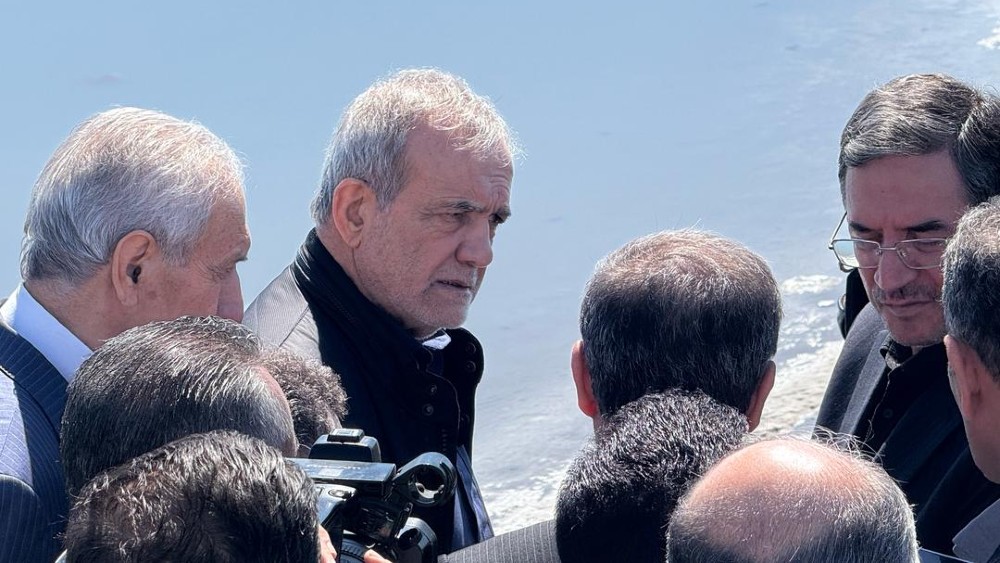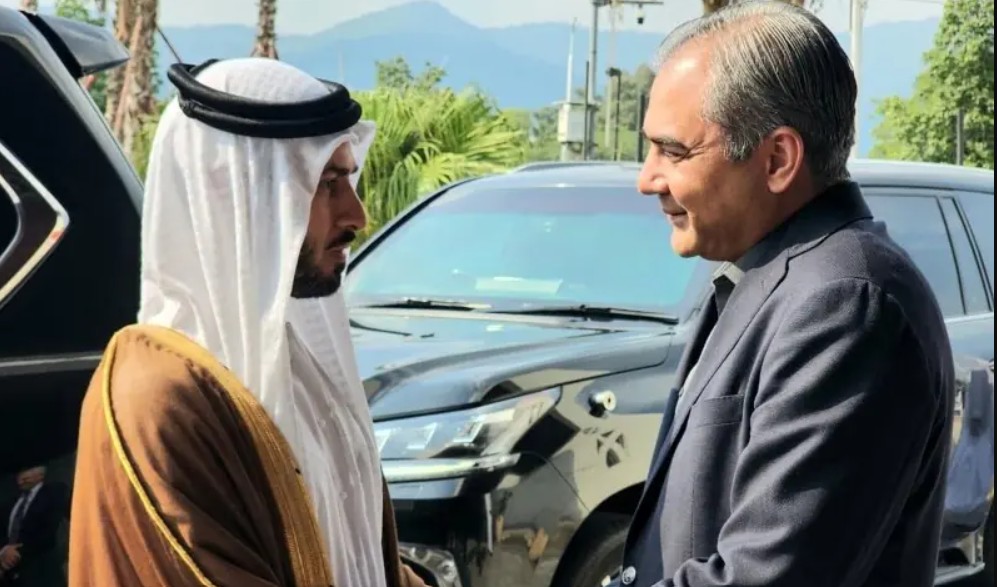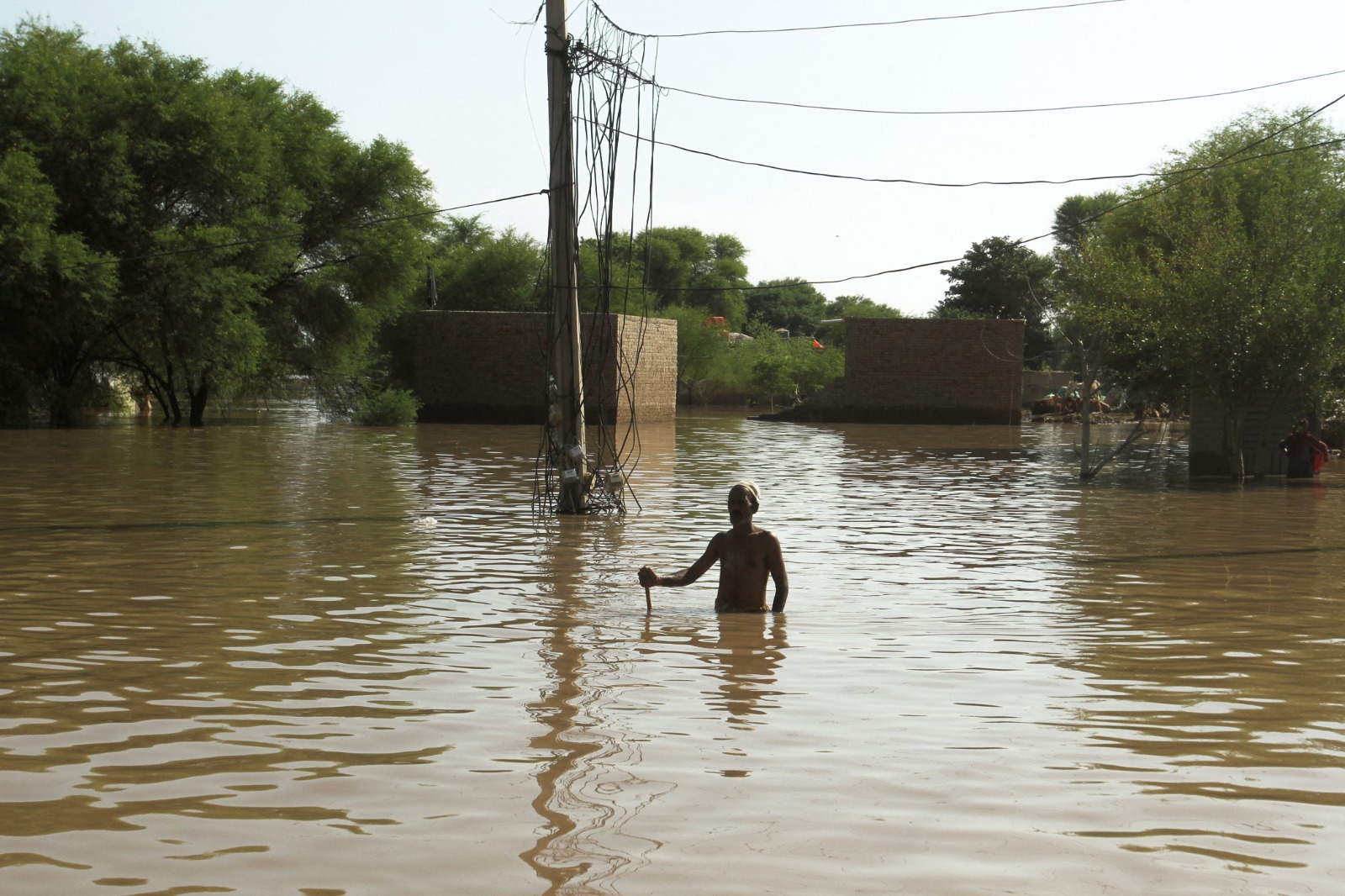ISLAMABAD: Pakistan’s Foreign Minister Ishaq Dar received a phone call from U.S. Secretary of State Marco Rubio, the Pakistani Foreign Office said Saturday, signaling ongoing progress in relations between Islamabad and Washington.
“The two officials expressed satisfaction with the positive trajectory of bilateral ties, reaffirmed their commitment to deepen cooperation, and discussed various regional and international matters,” the statement added.
However, the foreign office did not provide specific details about the conversation.
This call follows a period of warming relations between the two countries, a notable shift after years of diplomatic distancing. On September 9, Pakistani Deputy Prime Minister Ishaq Dar also spoke to Secretary Rubio, during which they exchanged views on bilateral matters and ongoing regional issues.
The improving relationship comes in the wake of U.S. President Donald Trump’s intervention earlier this year, when he brokered a ceasefire between Pakistan and India after a brief but intense four-day military conflict along their shared border in May. The clash resulted in over 70 casualties on both sides and heightened tensions in the region.
In June 2025, Pakistan’s army chief was invited to an unprecedented lunch at the White House hosted by President Trump, where they discussed the Iran-Israel conflict and other regional security concerns. This event marked a high-level engagement between the U.S. and Pakistan military leadership, further emphasizing the thaw in relations.
Trade relations have also been a key component of the renewed partnership. Just last week, Pakistan announced the finalization of a “landmark” trade deal with the U.S. aimed at reducing tariffs and deepening economic ties between the two nations. Concurrently, President Trump unveiled a new partnership to develop Pakistan’s oil reserves, signaling increased U.S. investment and cooperation in the South Asian country’s energy sector.
In their recent conversation, Rubio and Dar covered a range of bilateral matters and regional challenges, with both sides agreeing to maintain ongoing dialogue and cooperation on shared interests. Analysts view these exchanges as part of a broader diplomatic reset after years of estrangement, particularly following the withdrawal of U.S. forces from Afghanistan in 2021, which led to a decline in high-level communications.
For Pakistan, the U.S. remains a critical economic partner. Official data shows that Pakistan’s exports to the U.S. reached $5.44 billion in the fiscal year 2023-2024, with a 10 percent increase recorded from July 2024 to February 2025 compared to the previous year. These figures highlight the importance of the U.S. market for Pakistan’s export-driven economic growth.
Facing a prolonged macroeconomic crisis, Pakistan has prioritized enhancing trade and foreign investment to stabilize its economy. While inflation rates have eased in recent years, the government is focused on achieving sustained growth through exports and comprehensive financial reforms.
The ongoing dialogue between Secretary Rubio and Foreign Minister Dar reflects both countries’ commitment to building a more cooperative relationship grounded in economic partnership, security cooperation, and regional stability. As the two nations continue to strengthen ties, observers will be watching closely for further developments in trade agreements and diplomatic engagements.
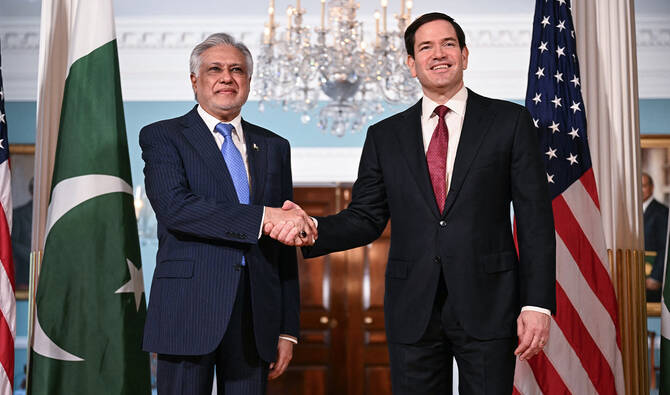
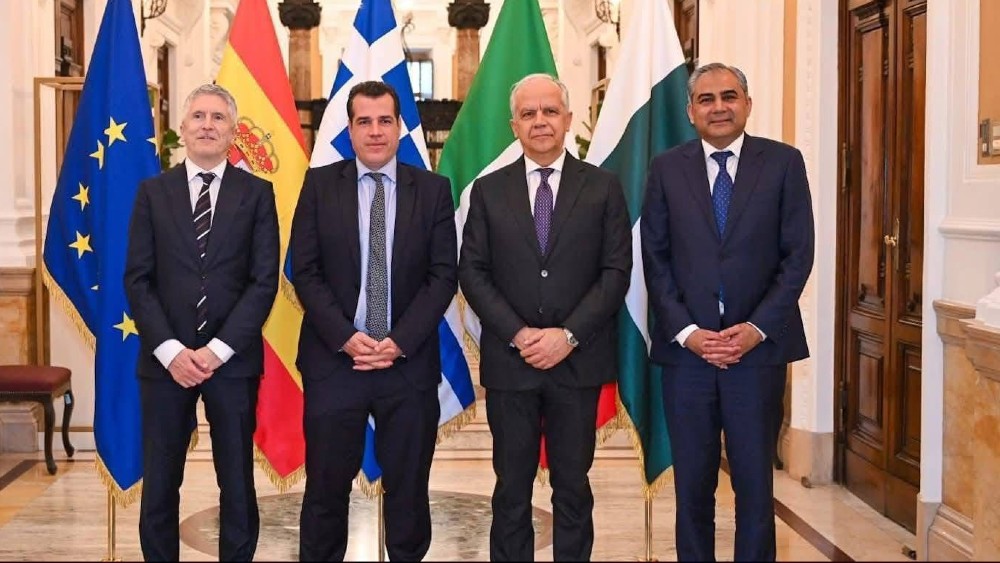

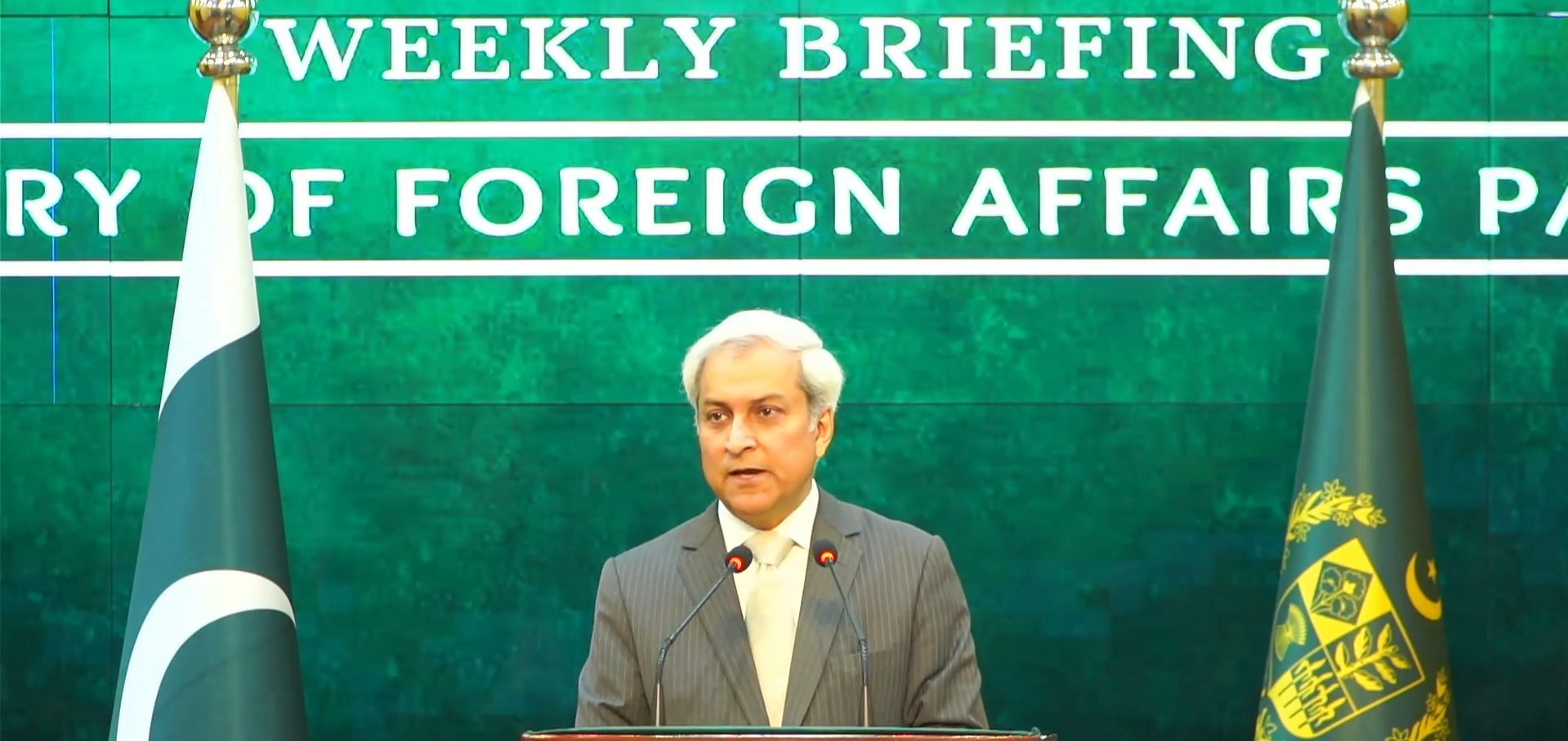
.jpg)
